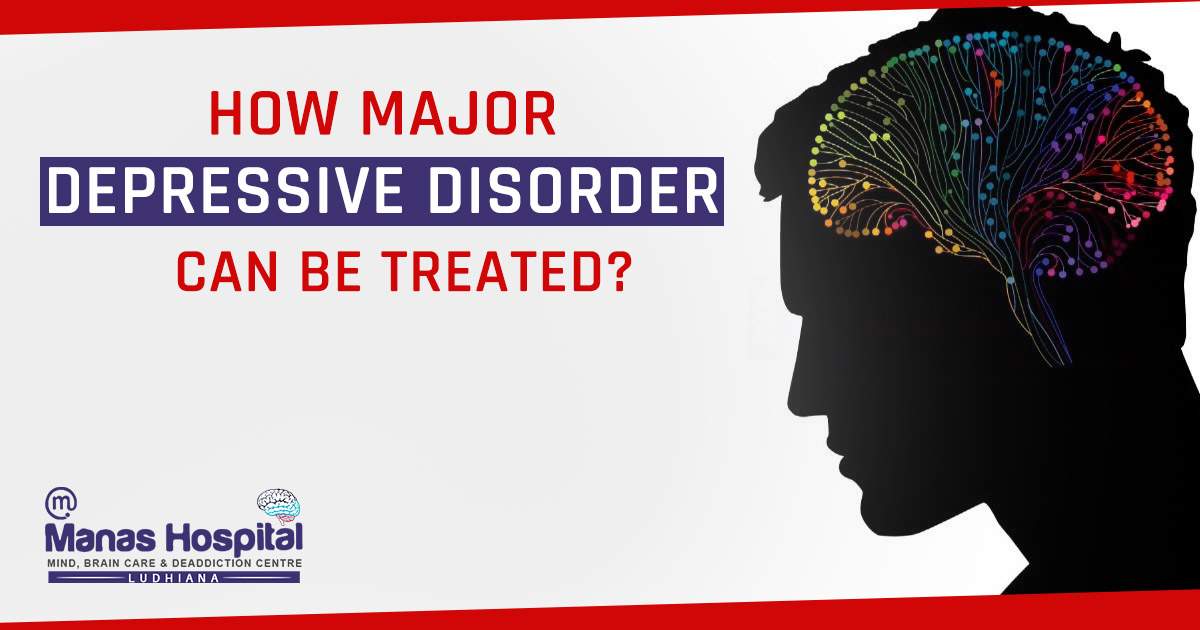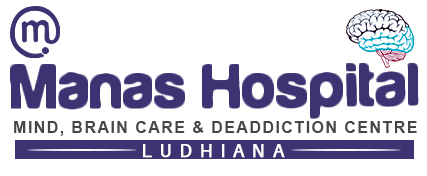
How major depressive disorder can be treated and where to get the treatment?
Depression is a mental illness that may affect a person ‘s lives in multiple ways. Because multiple causes can lead to major depressive disorder, therapy strategies can vary, and there is no standard approach to manage this condition. Since “one size suits all” is not given, the experience will differ from the personal experience. Nonetheless, you should assume other issues as to the way you are supposed to initiate therapy, your doctor’s methods, and the outcomes.
Where to get the care and how to start treatment?
Once you visit a psychiatrist in Ludhiana, the diagnosis generally begins with potential signs of depression. Changes in these signs can include:
-
A mood like desperation, apathy, and sorrow.
-
Behaviors such as irritability, tears, and isolation.
-
Cognition (bad attention, concentrating disruption, and Negative thinking)
-
Night (insomnia, too much time, difficulty sleeping or resting)
-
You can be treated and referred to by the main health care provider or therapist.
The doctor will ask you concerns regarding the conditions, including the form and frequency of symptoms you have. The psychiatrist should likely discuss potential neurological conditions which may lead to depression as well as determine the symptoms.
The National Institutes of Mental Health (NIMH) study results revealed distress of 17.3 million US adults in 2017 (around 7.1 percent).
What happens after your diagnosis?
There are a variety of common events that can arise when you are diagnosed with major depressive disorder. You could be based on your signs and what your doctor believes your depression is doing.
Ruling Out Medical Causes
Your doctor can begin by evaluating any conditions that may constitute a factor. The signs of depression may be triggered or exacerbated by underlying disorders, hormonal problems, other drugs, and alcohol usage.
Hypothyroidism can be a common medical cause, particularly among women, that contributes to depression. Doctors can administer medications to control the thyroid disease, which may help relieve depression symptoms when blood tests show hypothyroidism.
Your physician can then-: after treating any underlying conditions:
Set an antidepressant on prescription-: Antidepressants function by manipulating chemicals called neurotransmitters in the brain. Serotonin, dopamine, and norepinephrine comprise certain neurotransmitters that influence the emotions and moods.
Consult a specialist: Talk counseling includes learning about issues that lead to the signs of depression. The cognitive-behavioral treatment works on the destructive thought behaviors behind depressive symptoms.
Changes to expect during major depression treatment
Changes you may experience during major depressive treatment includes-:
-
Mood enhancements
-
Less anxiety
-
Less critical thoughts
-
You have always seen further involvement in sports
-
Am better ready to deal with pressures, stress, and tensions
-
The enhanced everyday living power
-
Reduces depression or anxious thoughts
-
Under-irritable
-
Night rest or sleep improved
-
Further support






